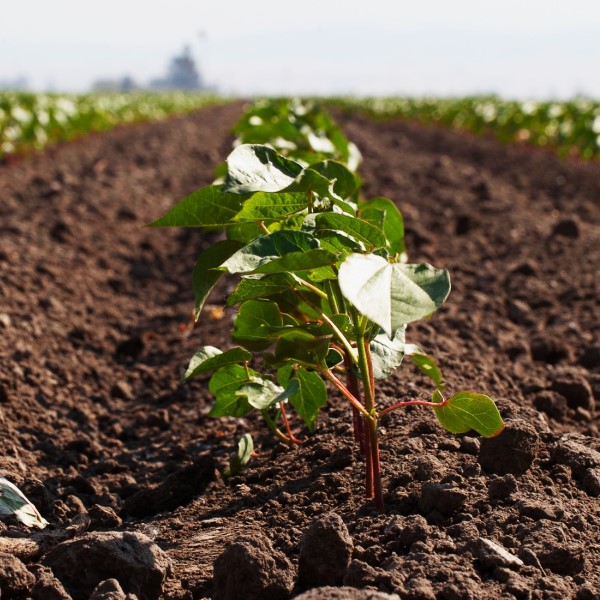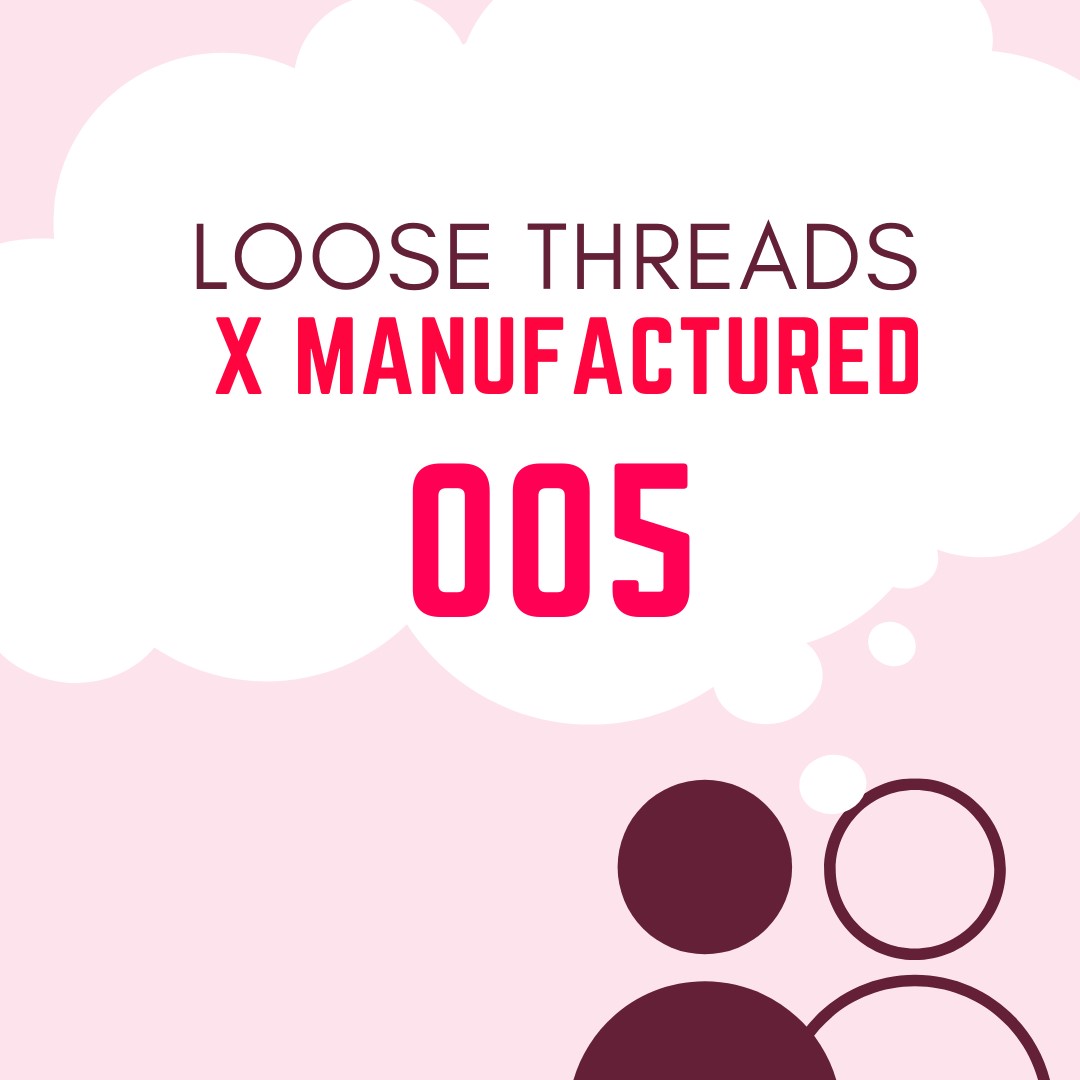Our guest this week is Kim… not co-host Kim… but Kim from Kandal province in Cambodia. She’s part of a growing group of university educated young South East Asians passionate about sustainability and working within the fashion industry.
She started her career in the fashion supply chain working for as a Sea Freight Export Operator for a major logistics company responsible for organizing the transport of finished garments made in Cambodia to their final destinations around the world.
Have you ever thought about the complicated process of moving goods all over the world? Through Kim’s experience, we gain a much deeper understand of why freight forwarders exist and what they actually do – especially in contexts where brands do not have buying offices on the ground in a given production country. We also examine the importance of INCOTERMS, the terms which define at which point in the transportation process the seller (factory) bears the costs and risks and at which point these are shifted to the buyer (brand).
On time delivery was an important theme that came up in our first two episodes when Jessie shared about her experiences with a third-party inspection company and as a Merchandising Manager. Today, we return to this theme and explore how complicated it can be to locate responsibility for on-time delivery and the role of the forwarder in this picture.
We learned so much from this conversation and are so excited to share it with you.
Our episode this week mainly focuses on the relationship between forwarder, factory and brand and the impact this can have on partnership, and therefore sustainability, throughout the fashion supply chain. It’s an oft overlooked piece of the sustainability puzzle. Most of the information available, and therefore most of the links we provide below, focus on the environmental impact of shipping and logistics within the fashion industry.
Read Good On You’s brief overview of shipping’s environmental impact within the fashion industry.
Want to understand more about INCOTERMS? Watch this short 3 minute explanatory video.
Kuehne+Nagel is one of the world’s largest logistics companies. They recently extended their 2030 net-zero carbon goal to include suppliers, contractors. Read about their approach here.
Read Clean Technica’s take on a new research center focused on de-carbonizing shipping.
Learn about H&M’s plans to reduce their carbon footprint through partnership with Maersk’s Eco Delivery Program.
Read the Clean Cargo Initiative’s 2019 report.
Photo by Tobias A. Müller on Unsplash
Photo by frank mckenna on Unsplash

I've been thinking a lot about the controversy surrounding the Higg Material Sustainability Index. It's taken me some time to put together my thoughts,...

Cannon Michael, President and CEO of Bowles Farming Company – a company that grows cotton among other things. He’s also a founder and board...

Question 1: This episode we want to address two questions... This is the first one that we’ve gotten from a lot of listeners outside...